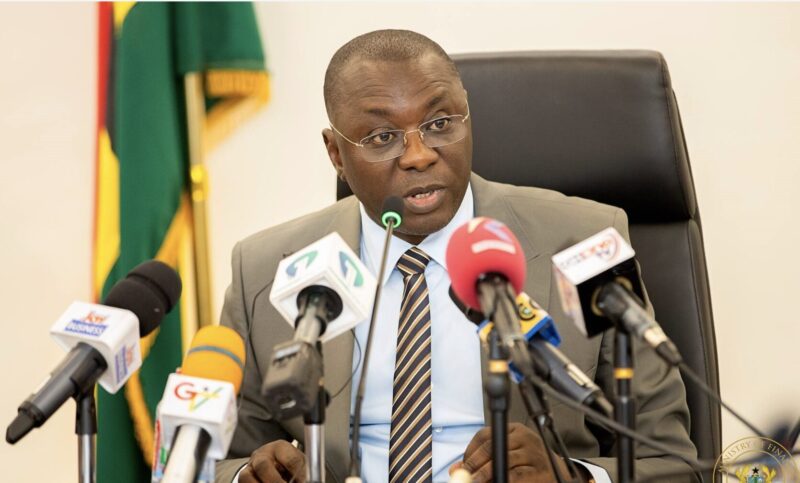
Ranking Member on the Finance Committee of Parliament and a former Finance Minister, Dr Mohammed Amin Adam
The recent acknowledgment by President John Dramani Mahama, attributing the appreciation of the Ghanaian cedi to the country’s robust gross international reserves, validates the prudent economic policies of the previous NPP administration.
As of April 2025, Ghana’s reserves stand at $10.6 billion, with a substantial $8.98 billion inherited from the NPP government.
This confirms that the current NDC administration has benefited from strong macroeconomic buffers established under the Akufo-Addo/Bawumia era rather than implementing new stabilizing policies.
Minister for Finance Ato Forson also confirmed that the GoldBod programme, which involves buying and selling gold for foreign exchange, remains a key tool for achieving currency stability.
Dr. Amin Adam emphasized, “The NDC government has merely continued the seismic policy shift introduced by the NPP to leverage Ghana’s gold reserves as a strategic weapon against currency depreciation.”
Between May 2023 and December 2024, the NPP administration aggressively built gold reserves from 8.78 to 30.53 tonnes, enabling the Gold for Forex (G4FX) initiative that underpins current efforts.
The Minority is concerned, however, about inconsistencies in reserve data and the slow pace of gold accumulation under the NDC government, which has added less than one metric ton to gold reserves since January 2025.
Dr. Amin Adam called for transparency, urging the Bank of Ghana and Goldbod to reconcile these figures and provide Parliament with a full account of forex movements.
“Ghanaians deserve transparency and accountability to sustain the gains made on the cedi,” he said.
Finally, while the cedi’s appreciation should ideally lower inflation and interest rates, inflation has only marginally declined from 23% to 21% in early 2025.
The Minority expects the Monetary Policy Committee to reduce policy rates significantly but warns that deeper structural challenges remain.
Dr. Amin Adam concluded, “Macroeconomic discipline must be matched with transparency and reform—not rhetoric—to ensure that currency stability translates into real economic benefits for Ghanaians.”
DISCLAIMER: The Views, Comments, Opinions, Contributions and Statements made by Readers and Contributors on this platform do not necessarily represent the views or policy of Multimedia Group Limited.
DISCLAIMER: The Views, Comments, Opinions, Contributions and Statements made by Readers and Contributors on this platform do not necessarily represent the views or policy of Multimedia Group Limited.




